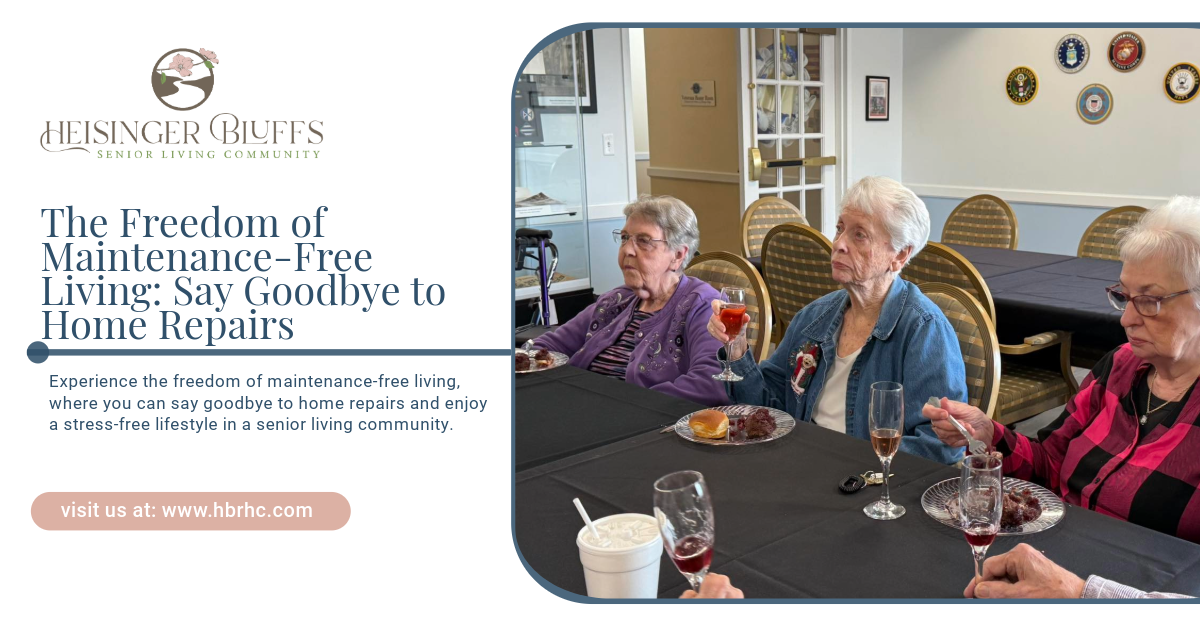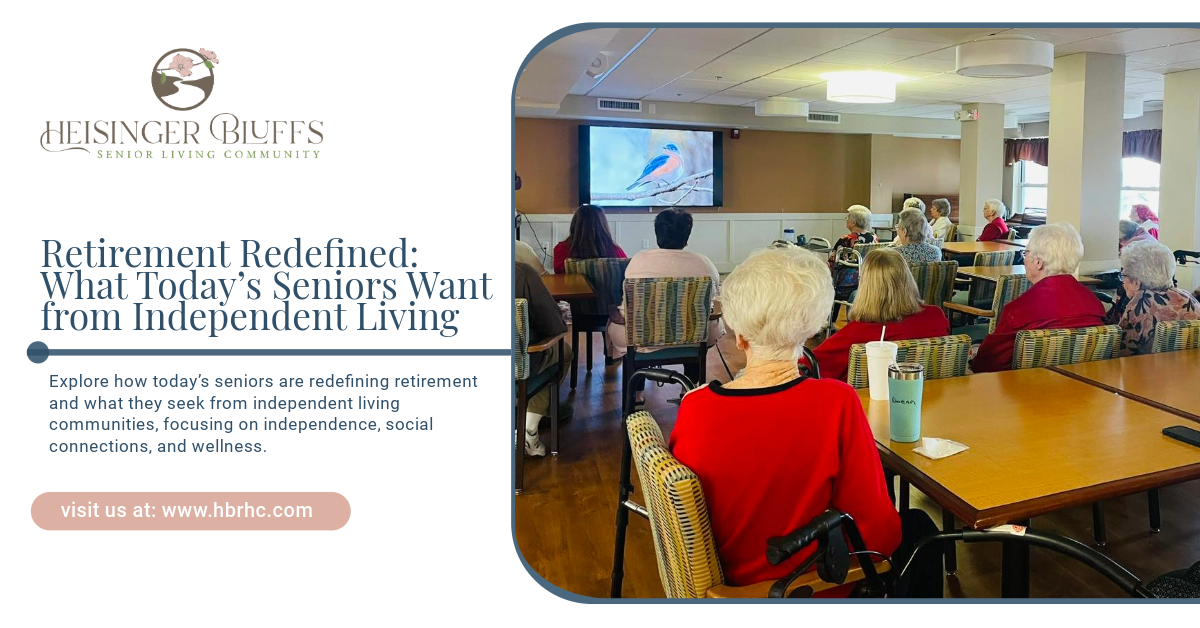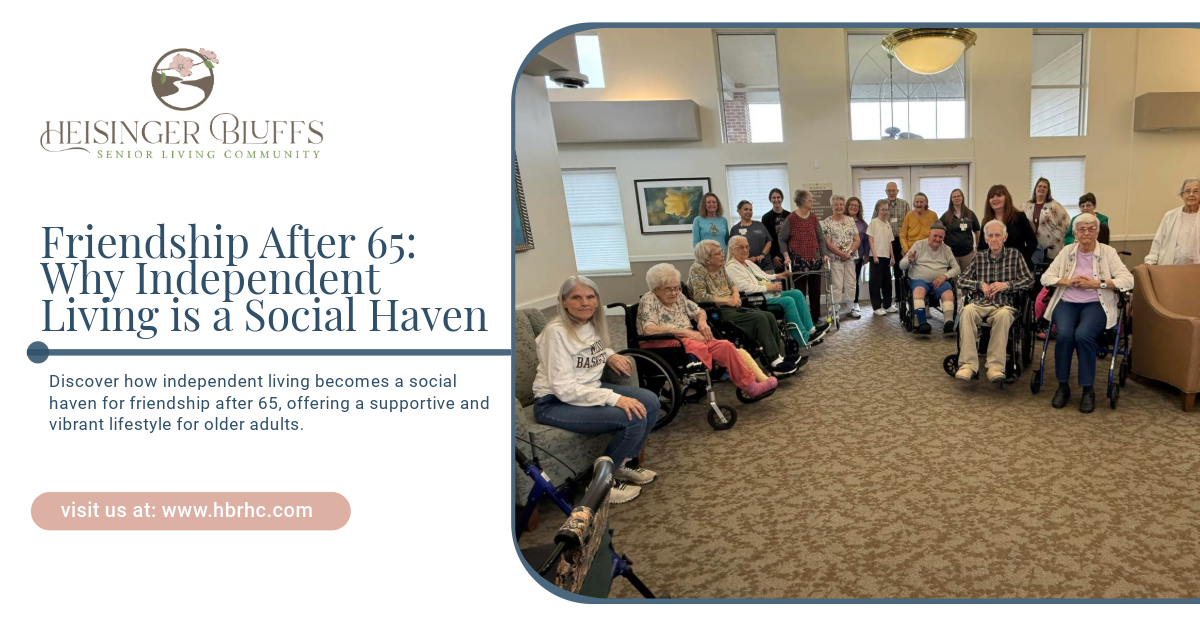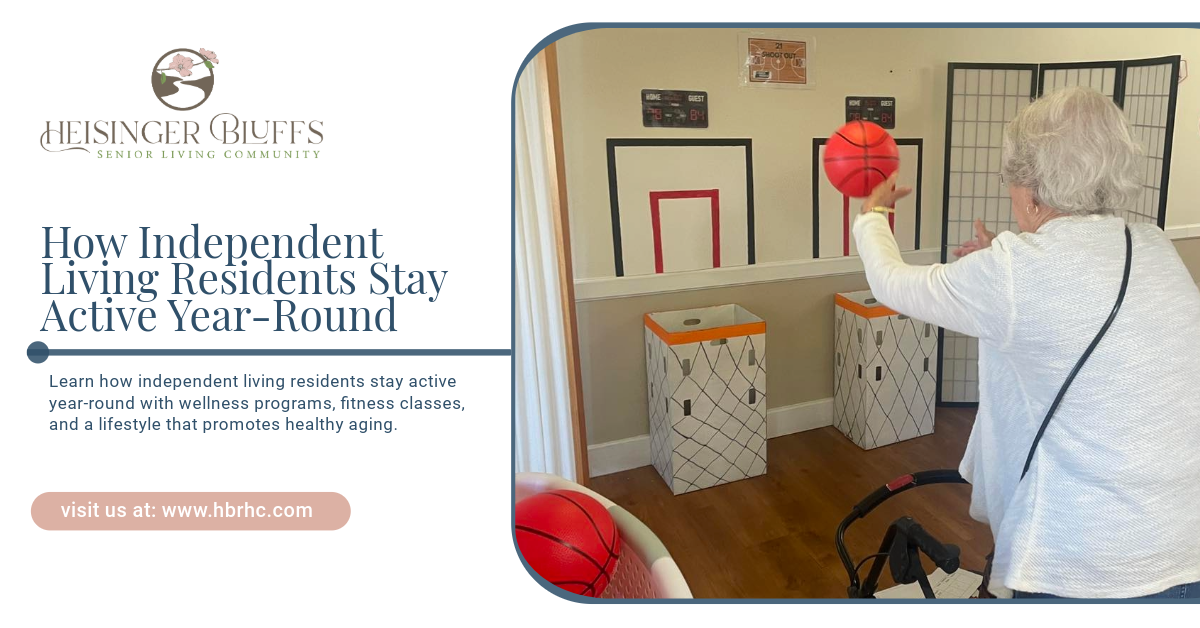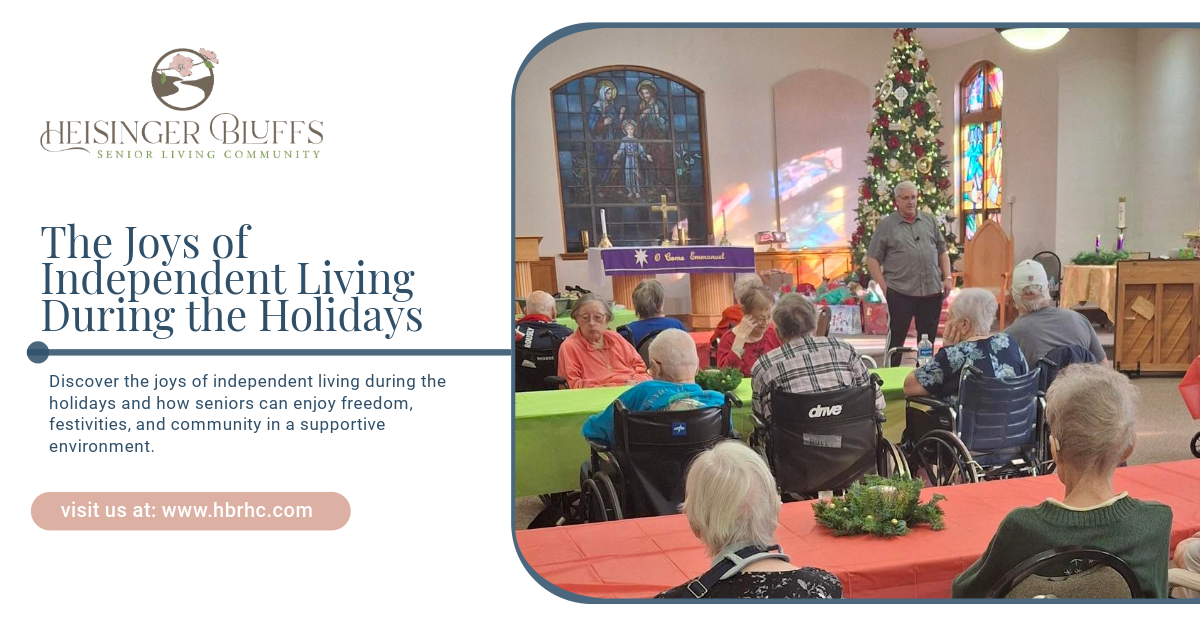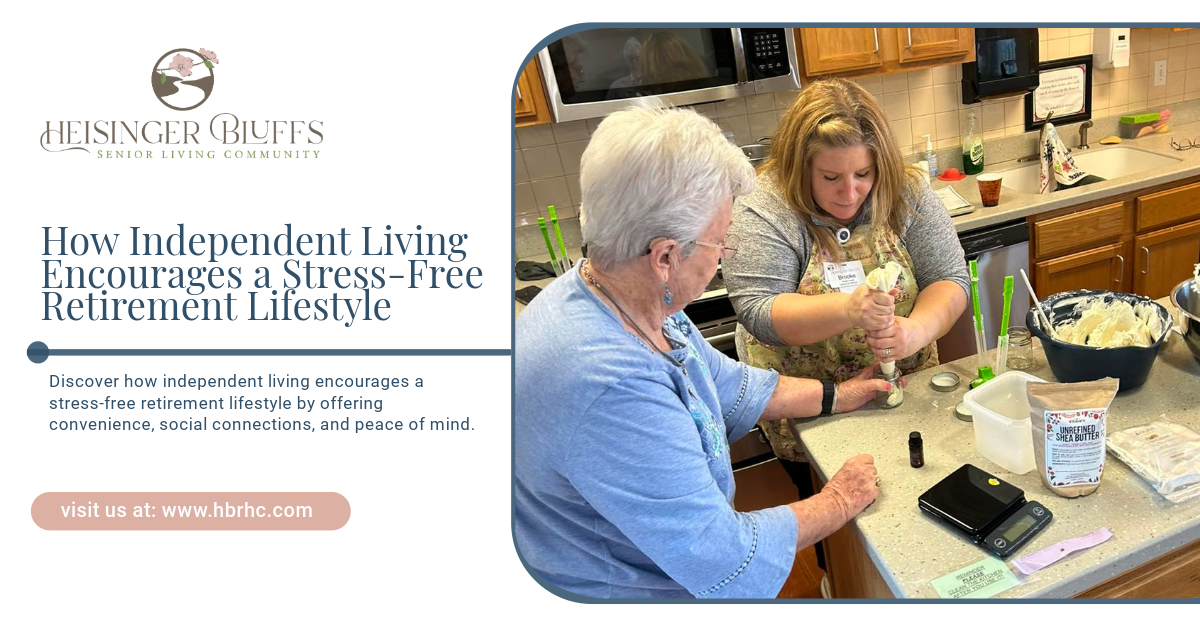Get in touch
Art Therapy Techniques to Improve Memory
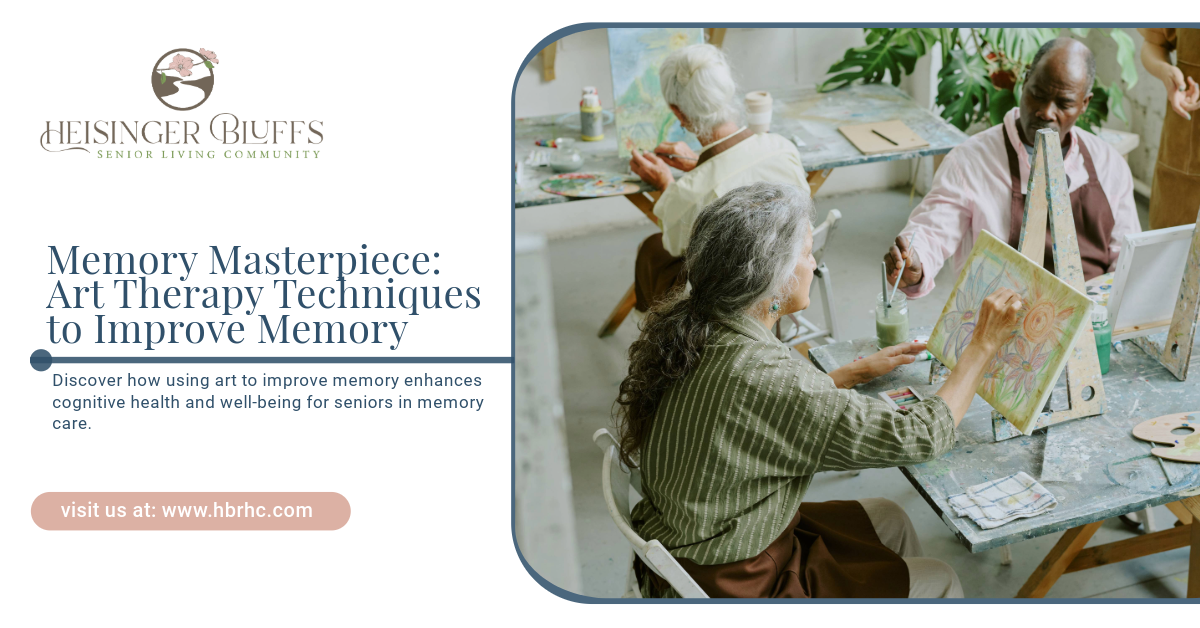
Benefits of Art Therapies for Memory Care
Engaging in various art therapies can provide significant benefits for memory care. This section highlights the positive effects of jigsaw puzzles and playing cards on cognitive health.
Jigsaw Puzzles and Memory Boost
Jigsaw puzzles are recognized as a protective factor for visuospatial cognitive aging. They can effectively boost memory, concentration, and focus. Through assembling pieces and visualizing the complete picture, seniors engage various cognitive skills that contribute to overall brain health.
Research indicates that regular engagement with jigsaw puzzles can enhance mental agility. The act of piecing together complex images stimulates both the right and left sides of the brain, encouraging creativity and logical thinking.
| Benefits of Jigsaw Puzzles | Effects |
|---|---|
| Boost Memory | Improves retention and recall of information |
| Increase Concentration | Enhances focus for extended periods |
| Enhance Problem-Solving Skills | Encourages strategic thinking and planning |
Playing Cards for Cognitive Health
Playing cards is another beneficial activity that can lead to greater brain volume in several regions of the brain. This activity improves memory and thinking skills. Card games require players to remember rules, strategies, and the movements of other players, which exercises various cognitive functions.
Additionally, playing cards can foster social interaction and provide a sense of community, both of which are beneficial for mental health. Engaging in friendly competition can also enhance mood and stimulate cognitive performance.
| Benefits of Playing Cards | Effects |
|---|---|
| Improve Memory | Enhances recall and information processing |
| Promote Social Interaction | Fosters community and reduces loneliness |
| Strengthen Cognitive Skills | Develops strategy and problem-solving abilities |
Utilizing arts activities such as jigsaw puzzles and card games in memory care can significantly contribute to improved cognitive function and overall well-being. For additional resources on activities, check our section on memory care activities for seniors.
Dance and Music Therapies
Engaging in dance and music therapies can significantly enhance memory care for seniors. These activities not only provide enjoyment but also foster cognitive benefits, including improved processing speed and innovative thinking.
Enhancing Processing Speed with Dance
Dance serves as an effective method for boosting cognitive function among seniors. Learning new dance moves actively engages the brain, leading to increased processing speed and enhanced memory capabilities. This is supported by findings from the Centers for Disease Control and Prevention, which indicate that such physical activity can positively influence cognitive functions in older adults.
| Dance Benefits | Description |
|---|---|
| Increased Processing Speed | Learning choreographed steps improves neurological functions. |
| Enhanced Memory | Regular engagement sharpens recall abilities. |
Incorporating dance routines into memory care programs for seniors can stimulate both physical and mental health, fostering a comprehensive environment for cognitive improvement.
Innovative Solutions through Music
Music therapy offers powerful therapeutic effects for memory enhancement. Listening to uplifting or happy music has been shown to generate innovative solutions and elevate creative thinking. This type of stimulation encourages brainpower and can be an enjoyable way to engage seniors in memory care activities.
| Music Therapy Benefits | Description |
|---|---|
| Increased Creativity | Music generates an inspiring atmosphere for problem-solving. |
| Enhanced Brain Function | Regular exposure to music exercises brain pathways. |
In the realm of memory care, integrating music therapy for memory care can serve as a practical approach to maintaining cognitive function while providing a delightful experience for seniors. Engaging them in these creative practices can promote a healthier, happier memory care environment.
Multilingualism and Creativity
Engaging in multilingualism can have a significant impact on cognitive abilities, particularly in enhancing memory through creative expression. Individuals who speak multiple languages often showcase remarkable advantages in various cognitive domains.
Improving Visual-Spatial Skills
Bilingualism has been associated with improved visual-spatial skills, which play a crucial role in memory tasks. Research indicates that individuals who speak more than one language may exhibit better abilities to visualize and manipulate objects in space, thereby enhancing memory retention. These improved skills can aid seniors in navigating their environments and recalling specific details, as visual aids are essential tools in memory care.
| Cognitive Skill | Bilingual Advantage |
|---|---|
| Visual-Spatial Skills | Enhanced navigation and manipulation of objects |
| Memory Retention | Improved ability to visualize and recall information |
| Task Performance | Superior problem-solving abilities |
Task Switching and Cognitive Benefits
Learning and using multiple languages promotes easier task switching. This means that seniors who engage in multilingual practices can transition between tasks with less mental fatigue and greater efficiency. This ability contributes positively to their cognitive health, allowing for improved overall brain function.
The mental discipline required for managing multiple languages encourages various cognitive benefits, including higher levels of creativity. Engaging creatively through language learning often stimulates artistic expression, which reinforces memory retention through enjoyable activities.
| Cognitive Benefit | Description |
|---|---|
| Easier Task Switching | Reduced cognitive load when shifting tasks |
| Higher Creativity Levels | Enhanced problem-solving and imaginative thinking |
Learning new languages and incorporating creativity can also lead to socialization benefits, offering emotional wellness through engaging interactions. Engaging in both art and language activities not only improves cognitive health but also fortifies the emotional well-being of seniors, reinforcing the idea of using art to improve memory. Engaging with art and multilingual practices can create lasting improvements in memory care strategies for seniors throughout their daily lives.
Positive Impact of Engaging in the Arts
Participating in artistic activities can have profound effects on mental health and cognitive well-being, especially for seniors. Engaging in the arts has shown to boost emotional health and improve certain cognitive functions, making activities such as painting, dancing, and playing music valuable for memory care.
Mental Health Benefits of Art
Engagement in the arts can significantly enhance well-being. A study involving over 23,000 British participants indicated that individuals who created art or attended cultural events reported higher levels of happiness and better mental health overall. Art can provide a sense of accomplishment, foster social connections, and help individuals express emotions that are difficult to articulate verbally.
| Benefit | Description |
|---|---|
| Improved Happiness | Participation in creative activities can elevate mood and enhance life satisfaction. |
| Reduced Anxiety | Observing or creating art can lead to lower stress levels. It has been found that stress decreases after visits to art galleries (LinkedIn). |
| Enhanced Self-Worth | Engaging in artistic expression can improve feelings of identity and self-esteem. |
Artistic Activities and Cognitive Health
Artistic activities are beneficial for cognitive functioning, particularly for seniors dealing with memory issues. Visual arts therapies are utilized to help individuals express complex experiences, integrating them into life narratives. This involvement can enhance self-worth, identity, social connections, and emotional expression.
Furthermore, movement-based creative expressions, such as dance therapy, have been recognized for the positive mind-body benefits they impart. Such therapies can alleviate stress and anxiety while improving overall health outcomes.
Through the implementation of various artistic and movement therapies, memory care programs can offer engaging activities tailored to help seniors enhance their cognitive abilities while also addressing their emotional needs. For more comprehensive information on memory care activities, visit our page on memory care activities for seniors.
Engaging in art and music provides a therapeutic outlet that supports mental wellness and enriches cognitive health, proving to be effective tools in improving memory through creativity and expression. For specialized information regarding the benefits of art therapy, refer to our article on art therapy for seniors with dementia or learn about more techniques in music therapy for memory care.
Role of Music Therapy in Memory Care
Music therapy is increasingly recognized for its significant impact on memory care, particularly in reducing stress and pain and boosting immune function. These benefits make it a valuable component of using art to improve memory in senior living communities.
Stress Reduction and Pain Management
Music therapy has numerous health benefits, prominently including stress reduction and pain management. Engaging with music can lead to decreased anxiety and help restore emotional balance. Research indicates that music's calming effects on neural activity can result in lower stress levels, as reflected in the heart rate and respiratory rates of individuals undergoing music therapy treatment. Furthermore, studies show that people experiencing chronic pain benefit from music's soothing qualities as it provides an effective means to manage and alleviate discomfort.
To illustrate the benefits of music therapy on stress and pain, the table below summarizes the key effects observed during treatment:
| Effect | Outcome |
|---|---|
| Reduced Anxiety | Lowered levels of perceived stress |
| Emotional Balance | Restoration of overall emotional health |
| Pain Relief | Alleviation of discomfort in patients |
Boosting Immune Function with Music
In addition to its stress-relieving properties, music therapy has been shown to positively influence immune function. Research suggests that engagement with music can help restore effective functioning in the immune system, potentially by affecting the amygdala and hypothalamus regions of the brain. This restoration can lead to significant health benefits, particularly in seniors, enhancing their overall well-being. Studies have shown notable decreases in immune-related issues when participants engage in music therapy, highlighting its importance in memory care settings.
The following table outlines some of the immune-related benefits of music therapy:
| Benefit | Description |
|---|---|
| Enhanced Immune Function | Improved immune system response |
| Reduced Stress Hormones | Lower levels of cortisol, leading to better health |
| Overall Well-Being | Improvement in general health as a result of reduced pain and stress |
Including music therapy as part of memory care programs for seniors offers a holistic approach that addresses physical and emotional well-being. For more information on therapeutic approaches, consider exploring music therapy for memory care and how it integrates with other art therapies like art therapy for seniors with dementia.
Art Therapy for Dementia Management
Art therapy plays a significant role in managing dementia symptoms and enhancing the quality of life for individuals facing cognitive challenges. Through various forms of art expression, such as painting, drawing, and movement, patients can communicate feelings and experiences that are often difficult to articulate verbally.
Addressing Symptoms and Improving Quality of Life
Arts-based therapies are interventions known to help manage the manifestations of dementia, potentially slowing cognitive decline and addressing symptoms related to challenging behaviors. These therapies have shown effectiveness in improving overall quality of life. Individuals engaging in creative expression often report enhanced self-worth, better social relationships, and feelings of emotional release.
The beneficial impacts of visual arts include:
| Benefits | Description |
|---|---|
| Improved Self-Expression | Participants find it easier to articulate thoughts and emotions. |
| Enhanced Identity | Art helps in reinforcing personal identity and self-worth. |
| Positive Life Experiences | Engaging in art can shift focus towards more meaningful experiences. |
| Social Connection | Art activities often foster interaction and collaboration among participants. |
Challenges and Potential Benefits of Art Therapies
While the benefits of art therapies for dementia management are notable, there are challenges associated with their implementation. Some individuals may initially resist participating in art activities due to a lack of confidence in their artistic abilities or prior negative experiences.
Despite these challenges, the potential benefits remain substantial. Engaging in art therapy can invoke mindfulness, leading to increased creativity and reduced anxiety. Movement-based creative expressions, such as dance, also promote better health outcomes, relief from stress, and improvement in cognitive functioning in older adults (PubMed).
Art therapy not only addresses symptoms of dementia but also contributes positively to the emotional and psychological well-being of seniors. Programs designed effectively can enhance the therapeutic impact on memory care, making them an essential part of memory care programs for seniors. For a more tailored approach to art therapy, check out art therapy for seniors with dementia.
Frequently Asked Questions
How do jigsaw puzzles benefit cognitive health in seniors?
Jigsaw puzzles enhance memory, concentration, and problem-solving skills by engaging both sides of the brain. Regular engagement with puzzles can improve memory retention and visual-spatial skills, making them a valuable tool for cognitive health in memory care.
What role does music therapy play in memory care?
Music therapy improves cognitive function by enhancing creativity, reducing stress, and boosting immune health. Listening to music can stimulate brain activity, encourage problem-solving, and provide emotional balance, helping seniors manage pain and anxiety.
How can dance therapy improve memory in seniors?
Dance therapy increases cognitive processing speed and enhances memory by engaging the brain in learning new choreographed steps. This physical activity promotes neurological health and supports overall mental well-being in memory care settings.



Want to know more?
We will get back to you as soon as possible.
Please try again later.
You May Also Like To Read
Heisinger Bluff’s Life Plan Community is here to make your senior years safe, stimulating and enjoyable so that you can savor the present, knowing the future will be taken care of.
QUICK LINKS
CONTACT
©2024. Heisinger Bluffs. All rights reserved.


